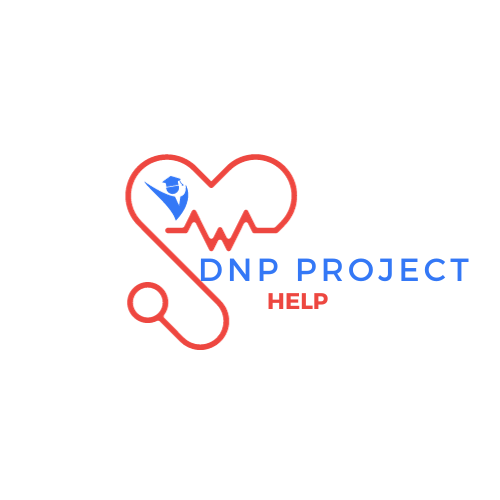
DNP Research Analysis Assignment
Overview:
DNP graduates are expected to apply research findings and integrate nursing science into evidence-based practice. To enhance your nursing practice, you’ll analyze a research study in a 5- to 7-page APA format paper. This analysis involves various components presented throughout Weeks 1 to 9:
- Introduction:
- Write an introduction ending with a purpose statement (e.g., “the purpose of this study is…”).
- Study Overview:
- Provide a two-paragraph overview of the study.
- Strengths and Weaknesses:
- Identify three strengths and support your selection.
Identify three weaknesses and support your selection.
- Note: Strengths and weaknesses should be related to Design, Sampling, Data Collection, Statistical Analysis, Results, and Discussion.
- Propose Changes:
- Propose changes to improve the study’s quality, capitalizing on strengths and improving weaknesses.
- Implications for Nursing Practice:
- Summarize the implications for nursing practice.
- Conclusion:
- Write a conclusion for your paper.
Purpose of Analysis:
This analysis aims to deepen your understanding of the research process, encourage critical thinking, and strengthen your ability to integrate research findings into evidence-based nursing practice. This assignment also provides practice in analyzing research literature, preparing you for your DNP project.
Due Date: Wednesday, October 25, 2013, before midnight.
Writing (5 points):
Up to 5 points (20%) may be deducted for grammar and APA style errors.
Preparation:
To prepare for this assignment, complete the following:
- Select one of the four research articles cited in this week’s required readings.
- Review quantitative research designs discussed in the textbook readings and research articles.
- Consider the research design used in your selected article, evaluating its appropriateness and considering alternative designs.
Selected Article for This Assignment:
- Grey, M., Whittemore, R., Jaser, S., Ambrosino, J., Lindemann, E., Liberti, L., Northrup, V., & Dziura, J. (2009). Effects of coping skills training in school-age children with Type 1 diabetes. Research in Nursing & Health, 32, 405–418.
Note: Please refer to the attached PDF file for the full article.
Required Media:
- Research Methods for Evidence-Based Practice: Selecting a Research Topic and Developing a Hypothesis.
- Research Methods for Evidence-Based Practice: Musings: Aligning Research Question and Methodology.
Optional Resources:
- Caress, A., Luker, K., & Chalmers, K. (2010). Promoting the health of people with chronic obstructive pulmonary disease: Patients’ and carers’ views.
- Mbeba, M. M., N., Jere, D. L., Kachingwe, S. I., Crittenden, K. S., McCreary, L. L., … Norr, K. F. (2011). Peer group intervention reduces personal HIV risk for Malawian health workers.
- Miller, J., Gaboda, D., Nugent, C., Simpson, T., & Cantor, J. (2011). Parental eligibility and enrollment in state children’s health insurance program: The roles of parental health, employment, and family structure.
- Su, C., Lu, X., Chen, W., & Wang, T. (2009). Promoting self-management improves the health status of patients having peritoneal dialysis.


